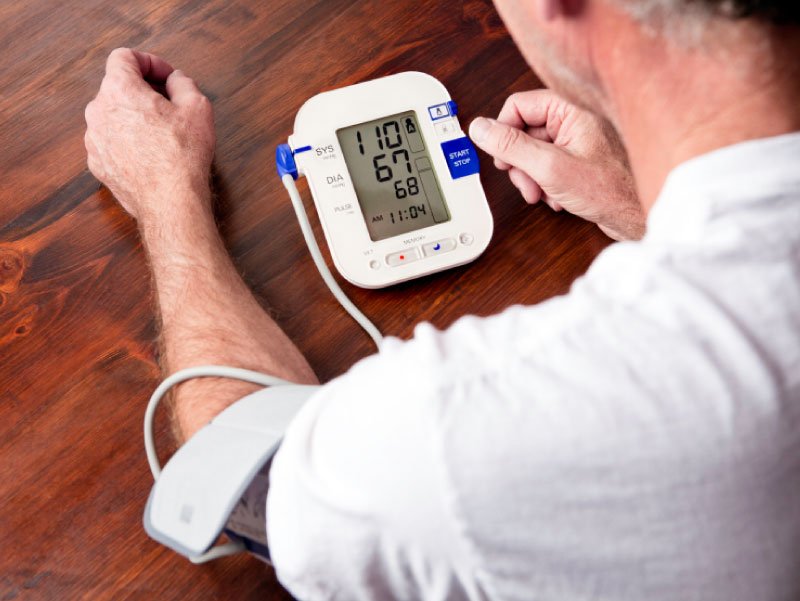Research on American Blacks who keep their blood pressure in check as they get older could help researchers figure out how to avoid hypertension before it begins. According to Shakia Hardy, associate lecturer of epidemiology at the University of Alabama at Birmingham’s School of Public Health, hypertension (high blood pressure) is a common issue for Black people in America. In the United States, and over double of Black individuals have high blood pressure, as well as the cardiovascular mortality rate from hypertension-related factors is almost double as high for Blacks as it is for whites.
Blood Pressure Check Among Black People May Be Due To These Two Factors
The latest research led by Hardy was published in the American Heart Association paper Hypertension on Monday. It focused on 757 individuals with regular blood pressure who’ve been participants in the Jackson Heart Analysis, a long-term study of heart health in African-American adults. Hardy’s research participants were on average 46 years old and were observed for 8 years. After age 40, diastolic blood pressure (the top number in a reading) rises 7 to 15 mmHg per century in the common public, a systolic value of less than 120 and a diastolic value of less than 80 is considered the normal blood pressure.

According to Hardy, most study ignores the fact that “there are several people who have regular blood pressure and are willing to maintain it throughout their life span including in a high-risk population. Around one-third of the participants in her sample were willing to keep their blood pressure at a stable level. She was surprised to learn that so few people in even a high-risk population can control their blood pressure.
Two characteristics of people with good blood pressure stuck out: they are more willing to maintain a regular body mass index (BMI, an indicator of obesity) and to engage in adequate regular exercise. Researchers discovered no connection between blood pressure control and food or behavioral variables like anxiety. Hardy speculated that the obvious lack of a link to a balanced diet might be due to the reality that few participants in the original batch were eating optimally. However, the data on BMI and active exercise reveals areas where health care practitioners should focus their efforts in the battle toward high blood pressure.
She agrees that individuals who participate in healthy habits and do not have hypertension should be included in the war. “We cannot hesitate until people are obese or have been absent for years before intervening.”I think sustaining regular exercise at an optimal rate and sustaining a regular BMI would be critical for keeping normal blood pressure irrespective of race Hardy said, referring to the study’s focus on Black people’s health.
Anderson said, “I believe we could put more effort into speaking to individuals who have healthy BMI ideal regular exercise and good blood pressure and actually helping them in sustaining it throughout the life cycle,” and added, “rather than just pretending that they’ll be great and not treating before they get hypertension.”Her response to those who are practicing the correct thing will be, “Don’t take your blood pressure for granted because it’s natural. Create an effective and active lifestyle and a healthy BMI as it will help your cardiovascular well-being in the long term.
